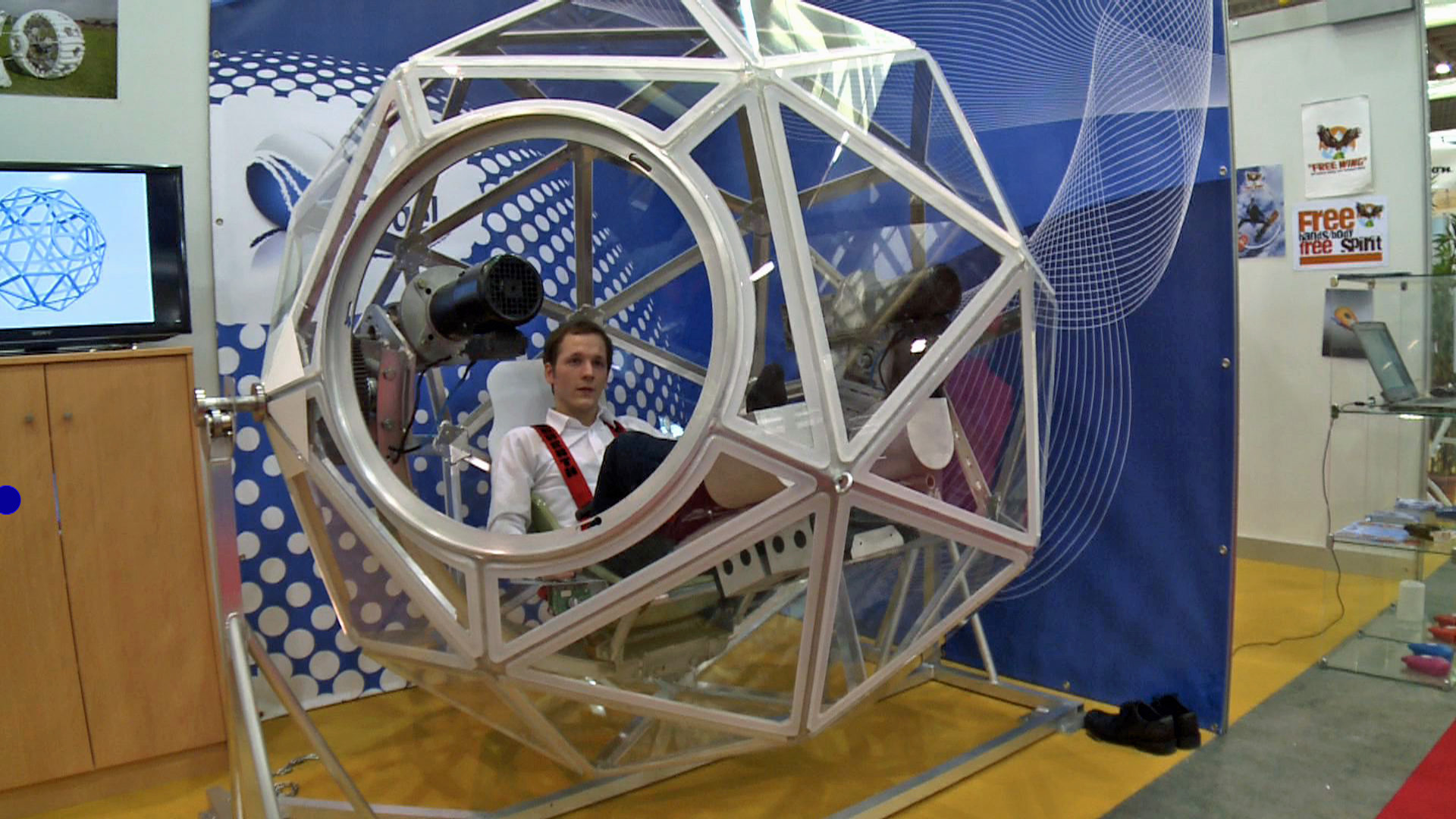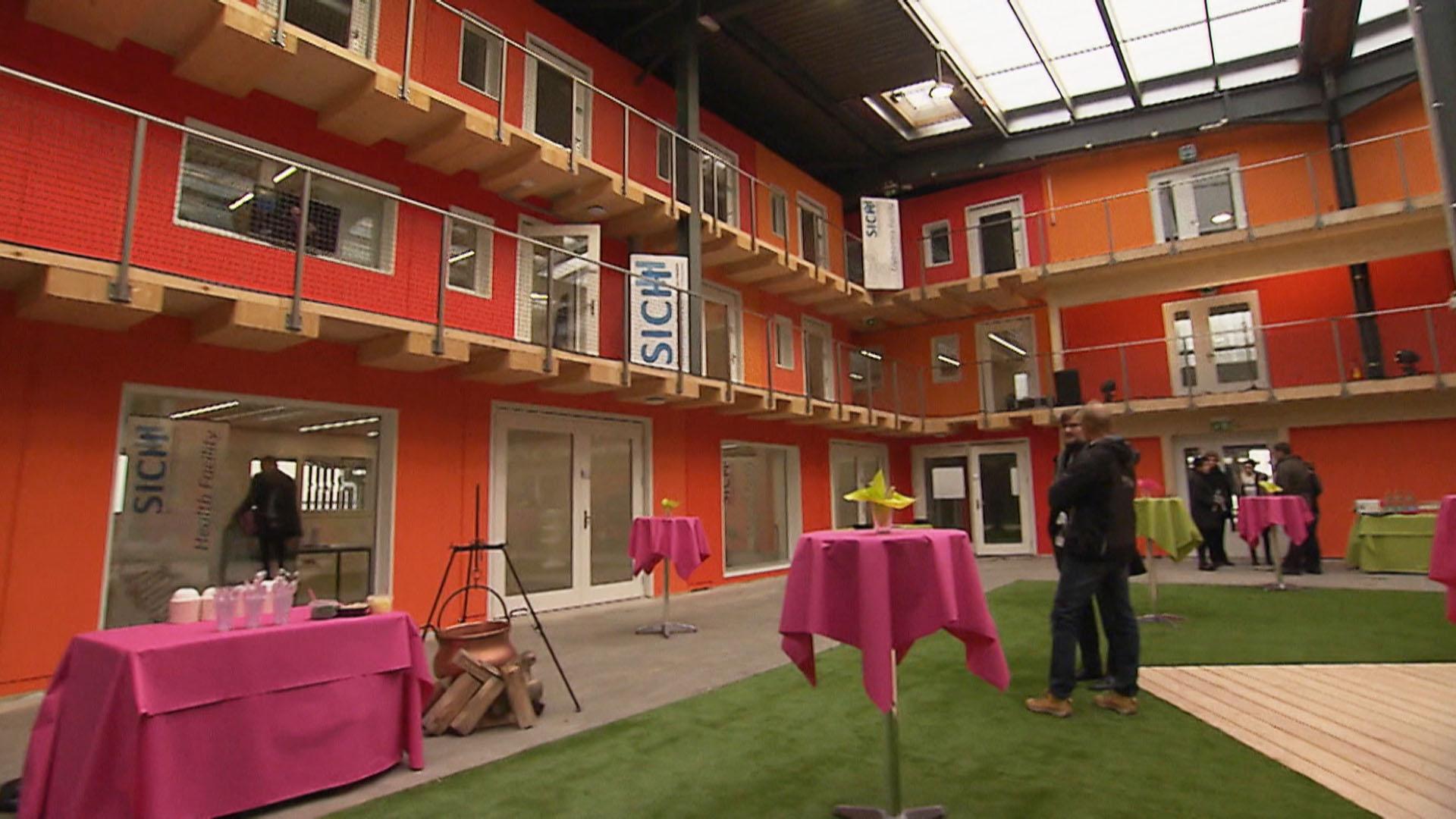
Five reasons why Switzerland is top in innovation

Switzerland is top in the world when it comes to innovation, according to an index by the World Intellectual Property Organization (WIPO). It’s the sixth year in a row that the Alpine nation’s come out on top. This year Sweden came in second place, followed by the UK.
The indexExternal link looks at institutions, human capital and research, infrastructure, market sophistication, and business sophistication –Switzerland is particularly strong in the last of these. Knowledge, technology and creative outputs, such as patents, trademarks and creative exports, like films, also play a role in the rankings.
So what is Switzerland getting right?
1. A nation of inventors
Switzerland scored particularly high in the category ‘knowledge and technology outputs’. One measure of this is patent applications – and the Swiss have the highest ratio of European patent applications to population.
In 2015, Switzerland had 873 applications per million inhabitants, followed by the Netherlands with 419 per million and Sweden with 392 per million.
The Exhibition of Inventions in GenevaExternal link is an annual event where inventors try to find backers for their products.

More
What it takes to market new inventions
2. World-class research institutes
Universities in Switzerland regularly score high in various rankings: in 2016 the Swiss federal technology institute ETH Zurich came fourth in Europe behind three British universities: Oxford, Cambridge and Imperial College London (and 19th overall) in the Times Higher Education World Reputation Rankings.
The universities are involved in projects like this, an innovation park in the Swiss city of Fribourg which aims to create 200 jobs, and provide a space where scientists and entrepreneurs can meet.

More
Fribourg’s new innovation park
3. Investment by multinationals
Multinational corporations are criticised for a number of reasons, whether its tax avoidance or irresponsible business practices, but they also have the finance to push research and development, in healthcare for example, and they can provide valuable links between work being done in universities and the industry.
Pharma giants Roche and Novartis are based in Basel and belong to the top 20 companies in the world with the largest research budgets. A study published in January said that multinationals’ partnerships with small and medium-sized businesses, research and educational institutions and university spin-offs promote Swiss innovation.
Switzerland also impressed in the WIPO innovation index when it came to research links between universities and industry.
4. High profile green innovation projects
The Swiss solar-powered plane Solar Impulse has drawn worldwide and long-lasting attention to finding sustainable solutions for travel.
“The aim is to develop a strong symbol capable of attractively promoting pioneering spirit and innovation, of motivating people to challenge themselves to ambitious goals, in particular in the area of clean and renewable energy technologies,” said pilot and adventurer Bertrand Piccard when the project was launched in 2003.

Solar Impulse is one of a kind, but there are also more down-to-earth projects focusing on sustainability. Major Swiss companies regularly look to the building sector for environmentally friendly-focused solutions in construction.
Every year the ‘Watt D’Or’ award is given to Switzerland’s best sustainability projects. This year the trophy for the Buildings and Space category went to Swisscom for its new business park in Ittigen, near Bern.
And, despite Switzerland’s growing population and the amount of space needed per person, emissions still dropped between 2000 and 2013. Buildings like this one, in canton Zurich, are pushing the boundaries on energy efficiency. It’s believed to be the first energy self-sufficient apartment building in the world, and produces all its own heat and electricity using the sun’s energy.

More
The house that provides its own energy
5. Highly skilled employees
Switzerland came third in the Global Innovation Index in the sub-category for ‘knowledge intensive employment’. In other words, employees here really know their stuff.
The Swiss are able to attract staff from abroad, something multinationals rely upon heavily, though there are fears an initiative to limit European Union immigration could damage that.
Do you think Switzerland deserves its reputation for innovation? Let us know in the comments below!
You can contact the author of this article on FacebookExternal link or on twitter @jofahyExternal link.

In compliance with the JTI standards
More: SWI swissinfo.ch certified by the Journalism Trust Initiative






























You can find an overview of ongoing debates with our journalists here . Please join us!
If you want to start a conversation about a topic raised in this article or want to report factual errors, email us at english@swissinfo.ch.